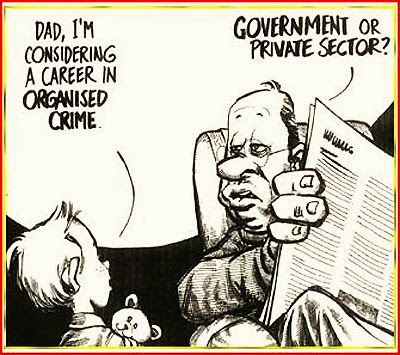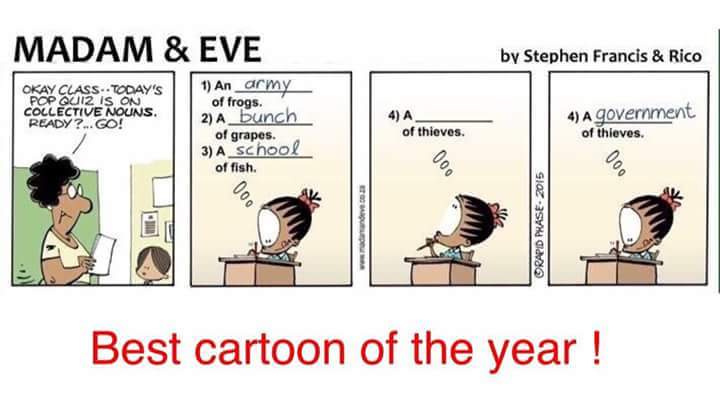Having been involved in a long drawn tenancy case (over 5 years) against some long-time tenants (so-called old friends) who refused to move out of our family land (it went all the way to then Supreme Court), I can feel the need for a well-covered tenancy agreement.
Potential landlords should never take potential tenants' promises for granted. It is wise to make sure all the important issues are covered in the tenancy agreement.
Excerpt from Property Insight's article:
"
David has received his key for his newly-completed condominium and found a potential tenant, Ah Cai, who was interested to rent the unit as soon as possible. In order to save time and money, David and Ah Cai signed a tenancy agreement downloaded by the former from http://www.never.trust.lawyers.com.
Five months later, David received several calls from the condominium’s management requesting him to settle the outstanding water charges that amounted to RM888. David visited his to remind Ah Cai to pay the utility bills. To the shocking of his conscience, he discovered that his unit was being used as a childcare centre and the walls were filled with the children’s ‘artistic’ scribbles.
After vomiting two pails of blood, David confronted Ah Cai, “How can you use my unit as a childcare centre?!?” Ah Cai responded with an innocent look, “What’s wrong with that? There is nothing in the agreement which states that I am not allowed to use your property to run a childcare business.”
David yelled, “I don’t care! I want you to pay all the outstanding utility charges, restore the unit to its original condition and get out of my unit as soon as possible!” He then slams the door and left. He returned home and immediately checked the tenancy agreement, hoping to find some clauses to support his demand.
He was shocked when he realised that the agreement is silent on how Ah Cai can use the unit. David was even more depressed when he found that, according to the agreement, the landlord (meaning David himself) is responsible for paying all utility charges and maintaining the good condition of the unit.
So what can we do to avoid becoming a victim like David when we are renting out our units? Here are some important clauses which your tenancy agreement should provide for:
(1) Specify the purpose/use of the property
If you are renting out a residential property, make sure you state clearly in the tenancy agreement that the property can only be used for residential purposes
You should also insert a clause to restrict your tenant from sub-letting the property without your written approval, so that you can filter and manage the people who may be staying in your unit
(2) Who pays the bills
It is common practice for the tenant to pay for the utility charges (i.e. water, electricity, sewerage charges) while the landlord will bear the management fees
To avoid any confusion/dispute, it is prudent for you to state clearly that your tenant should promptly pay the utility charges within a certain period (usually 14 days) upon receiving the relevant bills
(3) Maintenance of the property
The tenant is usually responsible for maintaining the fixtures and fittings of the property (subject to fair wear and tear), while the landlord will maintain the structure (i.e. walls, drains, roof) of the property in reasonable and tenantable condition
You should list down the furniture, household appliances and all other items which you have provided in the property and ask the tenant to confirm the good condition of these items
Make it clear in the tenancy agreement that the tenant is responsible for maintaining the good condition of these items (subject to fair wear and tear)
(4) Restore and return the property
You should ensure that it is written in the agreement the tenant shall restore the property to its original good and tenantable condition and return the keys of the property to you upon the expiry/early termination of the agreement
(5) Empower yourself with self-help remedy
You can state in the agreement that if your tenant fails to perform his obligations within a reasonable period, you are entitled to carry out his obligations at his cost and expense
As such, you shall be entitled to fix the damages, restore the unit, pay the outstanding bills and deduct the same from security/utility deposits
Last but not least, you should take photos and record the original condition of your property and furniture before handing over your unit to the tenant. In the event of a dispute, you may use these photos as proof and justification in your favour.
Link







